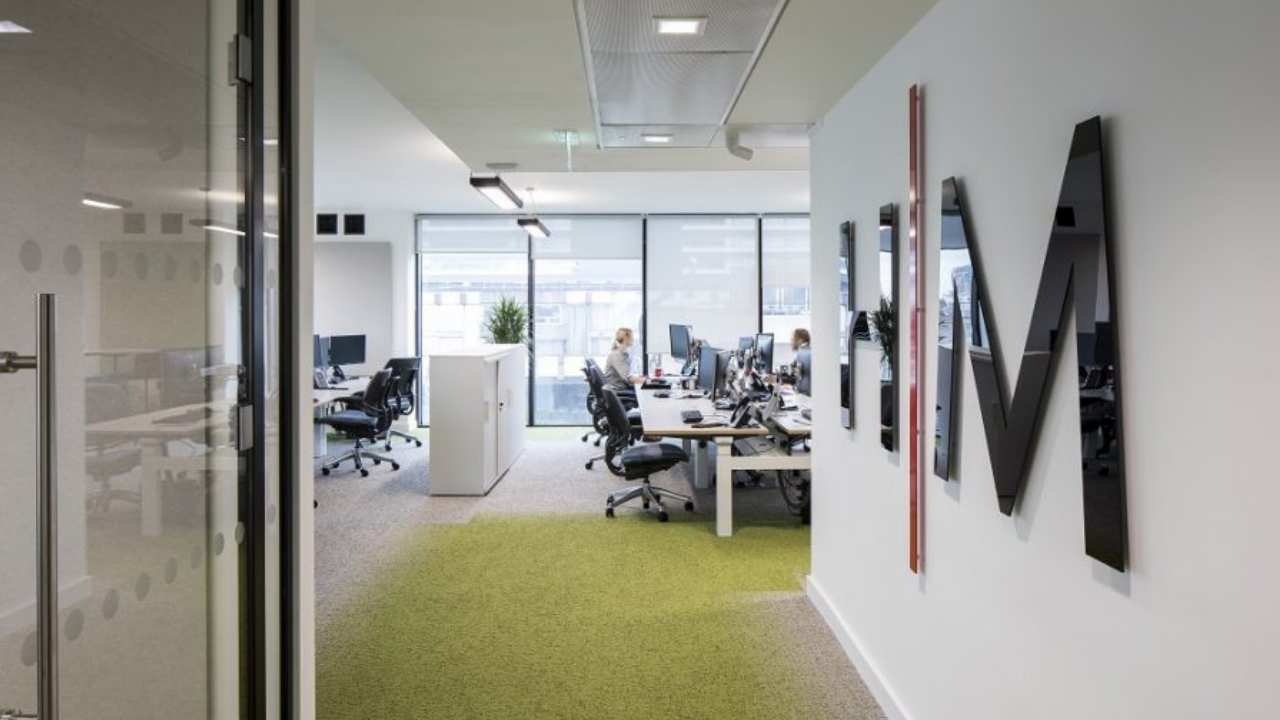Sustainability in the workplace has shifted from what it once was. The health and well-being of employees are key to companies as lifestyle and work continue to merge.
Younger generations find that eco-friendly workplaces that support a healthy body and mind equate to a more productive and creative work environment.
The biophilic approach to office spaces is being embraced by office designers everywhere. Every day mental fatigue is combated with natural light, fresh air, and greenery.
Technology is a key player in this office design shift, with urban farming giving companies the ability to grow healthy produce with hydroponic and aquaponics systems from their very own rooftop gardens. This also aids in cutting a company’s carbon footprint.
PlaceTech has also designed the Bright Building in Manchester Science Park. The space features a variety of software that gives an overview of building use and environmental sensors that gives companies an opportunity to map out the carbon footprint of each individual, allowing them to design ways to be even more energy efficient.
Other ways offices are gaining their eco-friendly badges is through shared bicycles.Through this simple change, London-based design company Hilson Moran gained the first UK WELL Certified Gold rating outside of London.
“Renewable energy technology has the power to shrink the carbon footprint of our workspaces. If we want to be carbon neutral, renewables are the way forward,” according Adam Tillis, building director at Bruntwood. “This ranges from the installation of photovoltaic panels, like the ones that will soon feature at our 111 Piccadilly workspace building in Manchester, to the introduction of a lithium-ion Tesla Powerpack system, the most advanced commercial energy storage solution currently available, outside the Bright Building.”
As developers move towards sustainability, the Green Building Council is aiming for buildings to be net zero carbon emitting by 2030 and old buildings by 2050.
















